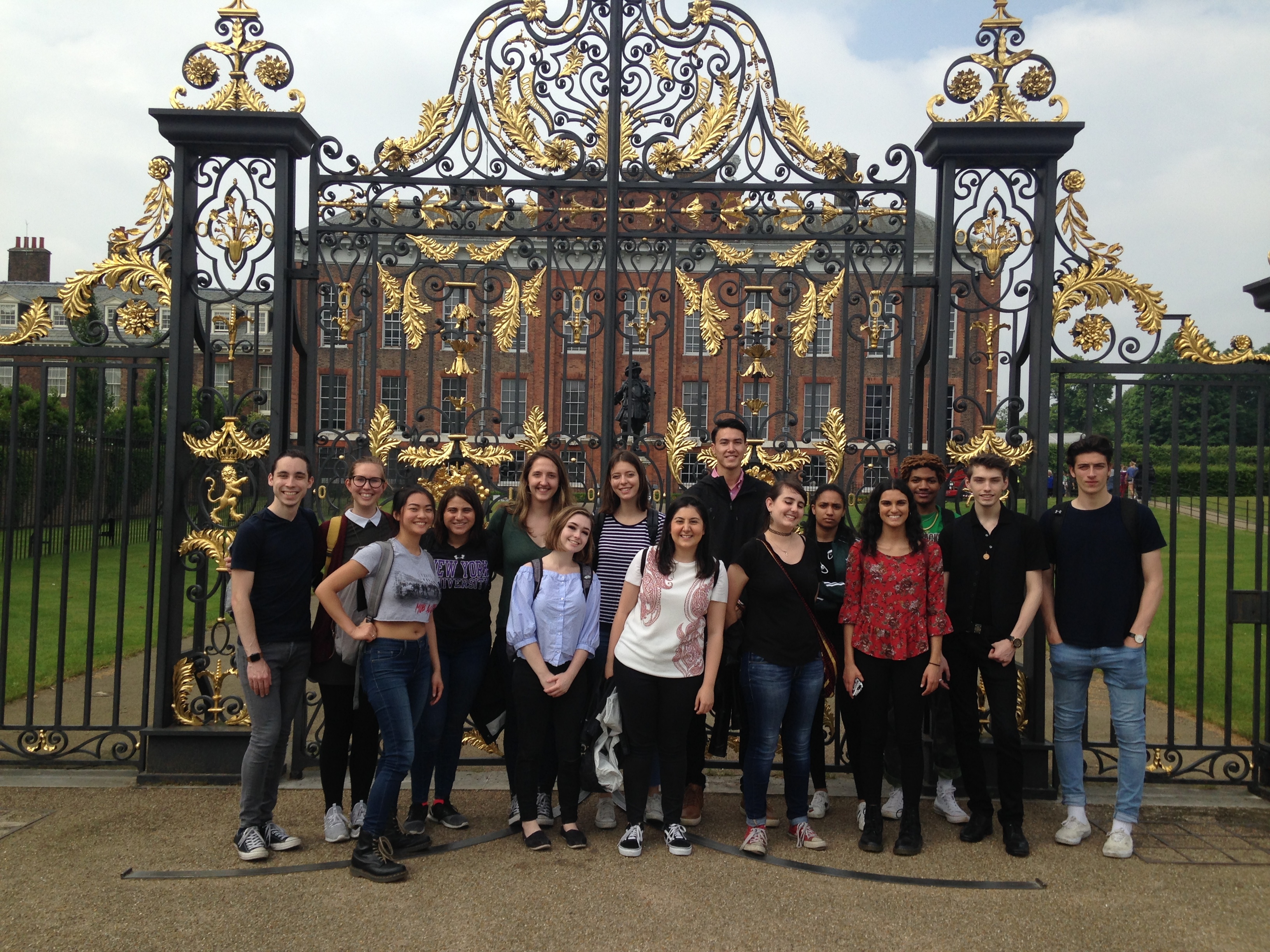We recently asked Admissions for some application advice and here’s what they had to say:
What do you wish students applying to study abroad knew about the application process?
We review the applications in total and how you present yourself as a whole is taken into consideration. Students who are able to imbue some of their personality into an application and make us more interested to learn about them as an individual is always welcome. We know how study abroad can be a life-changing experience and we take great care in reviewing each application to determine which students would enhance and benefit from participation in our programs.
What's the number one mistake students make in applying to study abroad?
Some students expect that they will be told everything they need to know before they go, so they do not ask questions or do research.
How should students prepare if they are considering applying to any study abroad program?
You should review the website, seek financial aid funding, speak with your advisor and alumni of the program in advance. Prepare yourself by doing research about the site you want to study at, this way you can make an informed decision when it comes time to confirm your enrollment. And most importantly, be educated and ready for a term abroad.
Are there any application myths you'd like to debunk?
“I can submit my application at the last minute and it will be okay.”
Yes, maybe you can, but why stress yourself out and do that? If you experience any technical issues, that may hinder the process. Plus, a rushed application is more prone to mistakes and will probably not represent you in the best way.
What is one piece of advice you'd give to prospective study abroad applicants?
Do your research and be mindful of deadlines.
Have a particular question for our Admissions team? They have some tips to simplify the process and get you a speedy (and accurate) answer:
Keep your email brief! Focus on your questions, not on yourself. This is not the time to tell us how great you are. That is what your application, recommendations, and résumé are for.
Introduce yourself. Give your full name, student status, program name and term of interest, include this in the body of the email. This information is vital in order to provide accurate assistance. Writing your name is John and you're interested in film does not provide enough details. A better message is, “My name is John Starmaker, I'm a junior in Undergraduate Film and I'm interested in the summer 2019 program 35mm Filmmaking in Prague.”
Be professional. If your email address is anything other than a form of your name or initials, consider creating a new one for college correspondence.
We appreciate enthusiasm for our programs but some students are too eager. Some students will pose a question to one admissions representative, and if they don’t like the answer, ask the same question to each other person in the office. If one representative says your GPA is too low for you to get in, all the others will say the same thing.

